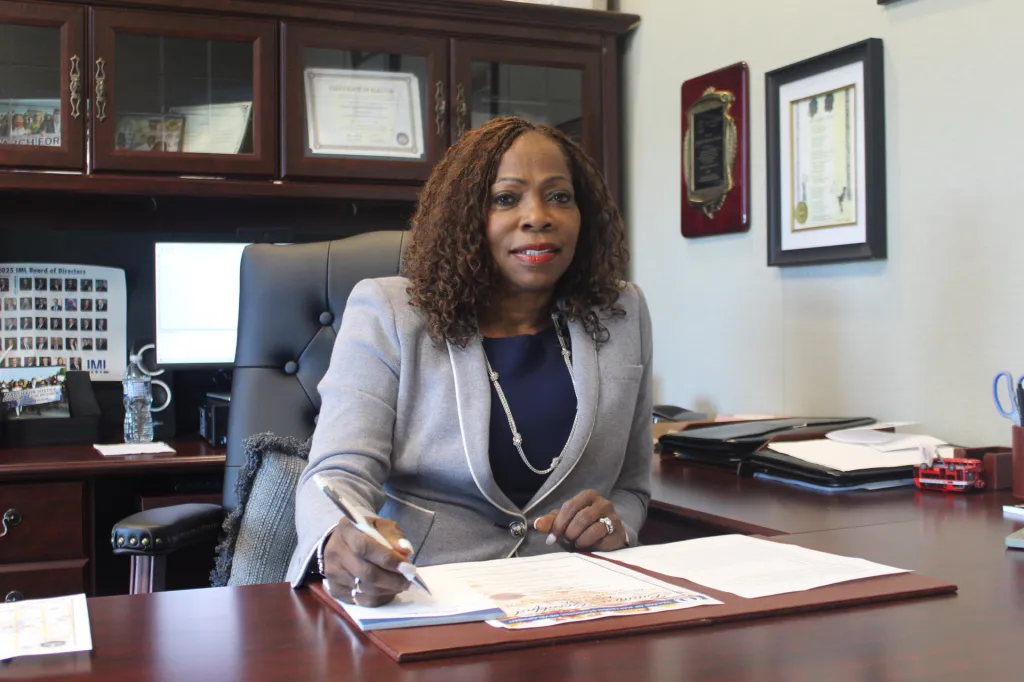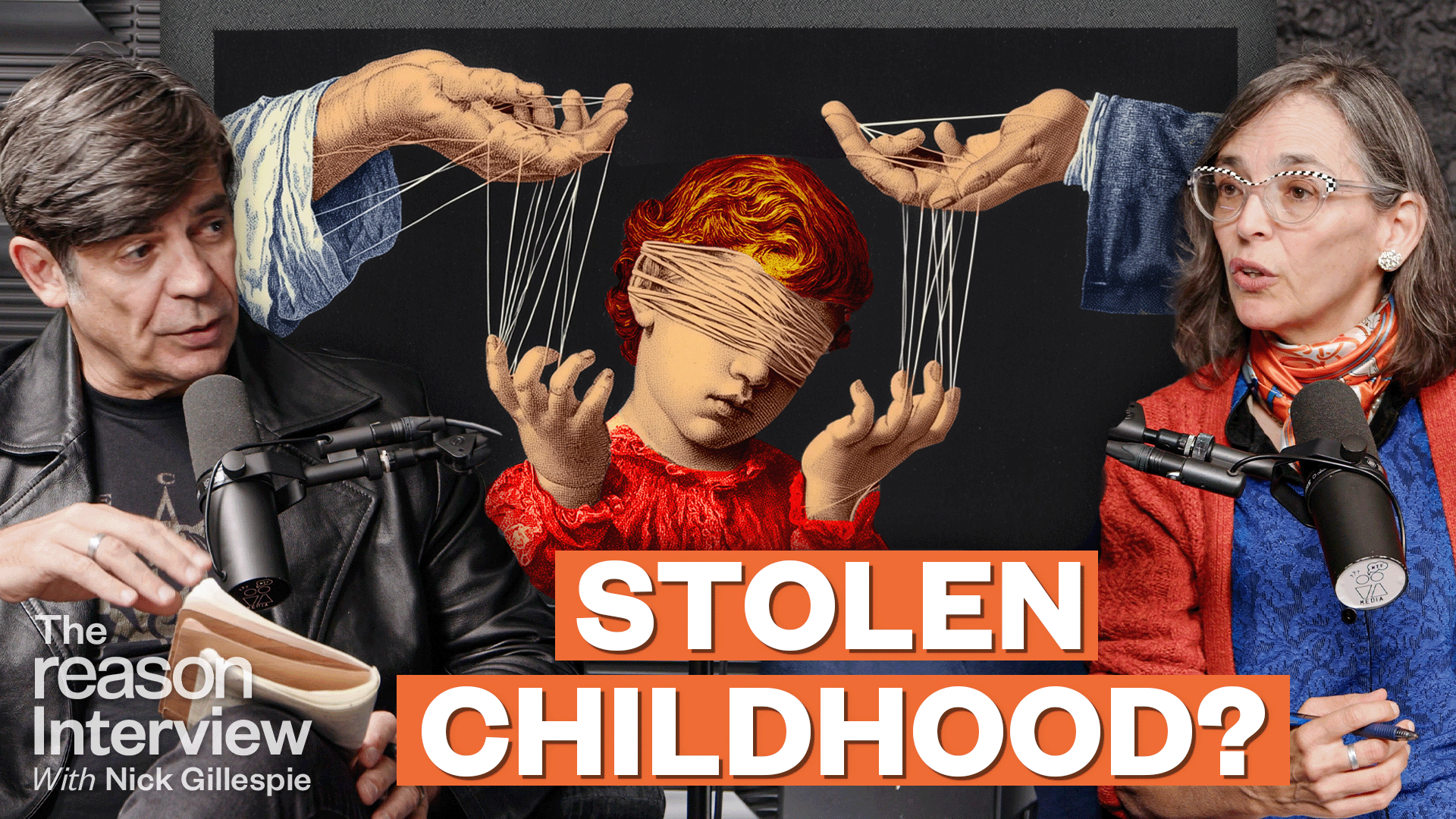
Water solutions should be based on ‘facts and compromise’
Re “Colorado’s water war with Nebraska comes to a head,” Sept. 21 news story
It is interesting that this article made no mention of the Ogallala aquifer, which helps to deliver irrigation water for crops in Nebraska.
Apparently, some parts of western Nebraska are experiencing significant depletion of the aquifer due to excessive pumping for agriculture. Climate change is also contributing to hotter weather, less rain and more drought in many western states.
As part of any future legislation for water sharing and agricultural irrigation, we must face the reality that water rights and water usage are going to be an increasingly pressing issue, and resolutions must be constructed based on facts and compromise, not threats and demands.
Stephanie Logan, Centennial
As we have a dispute between Colorado and Nebraska over water, and water districts impose water restrictions on homeowners, why are water districts and municipalities allowing developers to put more grass down along narrow strips next to roadways or by roads and sidewalks in communities that, over time, become weeds?
It may look nice, but as they water it daily and during a time when we receive rain, they still have their sprinklers going while homeowners have to conserve. Talk about wasting our valuable resource.
When are water districts and municipalities going to start facing reality, conserve our water and require developers to design something other than more grass, rather than placing burden on homeowners to conserve?
Dave Usechek, Parker
What to do about gun access?
Re: “No school is safe from gun violence,” Sept. 21 editorial
The editorial board was absolutely correct to suggest that Jeffco school officials were complacent about security at Evergreen High School. Several excuses given for not having a resource officer present strained credulity. However, I was taken aback by the board’s assertion that assigning security and hardening our schools is “the only response” to prevent school violence.
The obvious solution, if we care about life, is to limit access to guns, especially the types that can be used to kill many people in a short time, and the kinds that can be concealed in a backpack.
As a former gun enthusiast, I hate that the misbehavior of other people has made me hate a sport that I used to love, and made me realize that my rights should be curtailed because other people can’t be responsible. But that is the point of laws — we have speed limits because some people speed, we have fraud laws because some people cheat.
The only logical solution is to recognize that we no longer live in 1776, that we no longer live in a rural society, and that guns are no longer a safe or necessary part of our culture. And so our laws need to change. And our Constitution needs to change. It is not a holy document. Today, the Second Amendment hurts us more than it helps us, and we need to get over ourselves and recognize that if our kids aren’t safe in their schools, we have all failed.
Dennis P. Laughren, Golden
The editorial states the obvious, but it fails to point out the real gun violence threat to children in the USA. It’s not schools. They just get all the media coverage. Just look at the facts, which are typically overlooked when emotions run high.
Sure, school shootings are beyond horrific. But a child is three times more likely to die in a mass shooting (or be injured – a category too often ignored) from a gun at home — more than half by a relative. Add in gun violence against children in the community, and schools end up being the safest place for kids to be. Add all the armed guards in schools you want, but most of the deaths and injuries in school shootings happen in the first 2 to 5 minutes of the shooting – far too quickly for armed personnel to respond.
If you’re a gun-lover, the best option would be to put armed guards in the homes of every child — and on the streets – because that’s where the vast majority of children are killed or maimed. Otherwise, it’s simply understanding that this is the only county on the planet with more guns than people. When we understand that, the solution is simple.
Joe McGloin, Sheridan
Hateful speech is not protected from criticism, employers
Re: “Don’t use Kirk’s death to silence speech, even gross speech,” Sept. 21 commentary
Elizabeth Spiers, the author of the article “Charlie Kirk’s Legacy Deserves No Mourning” that Emily Tracy posted to her Facebook page, claimed Kirk was a “racist, transphobe, homophobe, and misogynist.” Jasmin Murguia’s post characterized Kirk as “a white man who spews horrid [expletive] against every marginalized community.”
This is typical name-calling of conservatives by leftist progressives who mischaracterize their statements and are unable to offer effective counterarguments.
Others besides Krista Kafer are defending those who made hateful comments about Charlie Kirk after his assassination, arguing that it is against the First Amendment to suppress hateful speech. I agree, but those who issue hateful speech should not be surprised to receive criticism from others exercising their free speech. If they do so when they are in the government, teaching in schools, or working for corporations or non-profits, they must bear in mind that their comments — whether issued publicly through social media or in their official positions — may not align with the standards or policies of the organizations with which they are affiliated.
Organizations that discharge individuals who cheered Kirk’s death or made hateful comments often are within their rights to do so if they believe those actions sully the organization’s image or undermine the organization’s or that individual’s ability to interact with the public, clientele, or coworkers. The individuals are not silenced, as Charlie Kirk was permanently, but can continue their diatribe, just maybe not while with organizations that find their comments out of place.
Steve Lloyd, Cheyenne, Wyo
Respectful discourse is the priority now
Re: “Because of Charlie Kirk: We must speak louder,” Sept. 21 commentary
Amy Stephens, in her guest commentary, points out that she and others must now articulate the values expressed by Charlie Kirk and many others. Yes, we must all encourage each other to articulate the values we find to be important, but most of us just continue, with growing peril, to “speak louder.”
Where are our best role models for good listening and for respectful discourse? Can we yet recover enough willingness to recognize that we ourselves just might gain new wisdom from people with whom we disagree?
Can we “listen better”?
Peter Hulac, Denver
In Amy Stephen’s guest commentary, she blames “progressive ideologue professors” for Charlie Kirk’s murder, claiming that such persons are “justifying violence when their ideas are challenged” and that now, instead of tantrums, they are throwing bullets. This is absolute rubbish, calculated to pour gasoline on the growing divide between conservatives and progressives.
The truth is that both conservatives and progressives are saddened by the senseless loss of this young father, regardless of any disagreement with his political and religious beliefs. Since Stephens is a Coloradan, she must be aware that on the day of Kirk’s murder, there was yet another school shooting in our state, perpetrated by a young man who was radicalized by an obsessive following of internet sites, which also inspired Charlie Kirk’s murderer.
Neither of these killers was urged to kill in a college classroom, as Stephens is well aware. Her vicious falsehoods are especially harmful now, at the moment when all Americans need to find common ground and affirm that political violence is never, ever acceptable.
Patricia Bedinger, Fort Collins
Many Colorado districts aren’t competitive
Re: “State to stay on sidelines in redistricting,” Sept. 21 news story
I appreciate the work of Jorge Rodriguez and his backers calling for the state of Colorado to fight back against states that are gerrymandering congressional district boundaries to benefit one political party. He’s right. It isn’t fair and something must be done. But I believe that something should be done regardless of whether other states are cheating.
While it may be true that Amendments Y and Z succeeded, to a certain extent, in taking politics out of the redistricting process, it did not take the next step: making congressional districts more competitive. Colorado’s congressional districts generally still favor candidates from one party over another. Just look at the data from the 2024 election.
While Gabe Evans, a Republican, won District 8 by just 2,449 votes and Jeff Hurd, also a Republican, won District 3 by just 19,804 votes, the rest of our districts clearly favored one party over another. Jeff Crank, a Republican, won District 5 by nearly 50,000 votes. Lauren Boebert, a Republican, won District 4 by almost 52,000 votes. Brittany Pettersen, a Democrat, won District 7 by over 60,000 votes. Jason Crow, a Democrat, won District 6 by more than 70,000 votes. Joe Neguse, a Democrat, won District 2 by over 164,000 votes. And the venerable Diana DeGette, a Democrat, won District 1 by 190,000-plus votes!
Based on the data, the State of Colorado cannot claim that it has done a good job of making our congressional elections competitive, as it has not. There is a lot more work to do.
Mike Dubrovich, Parker
Sign up for Sound Off to get a weekly roundup of our columns, editorials and more.
To send a letter to the editor about this article, submit online or check out our guidelines for how to submit by email or mail.



